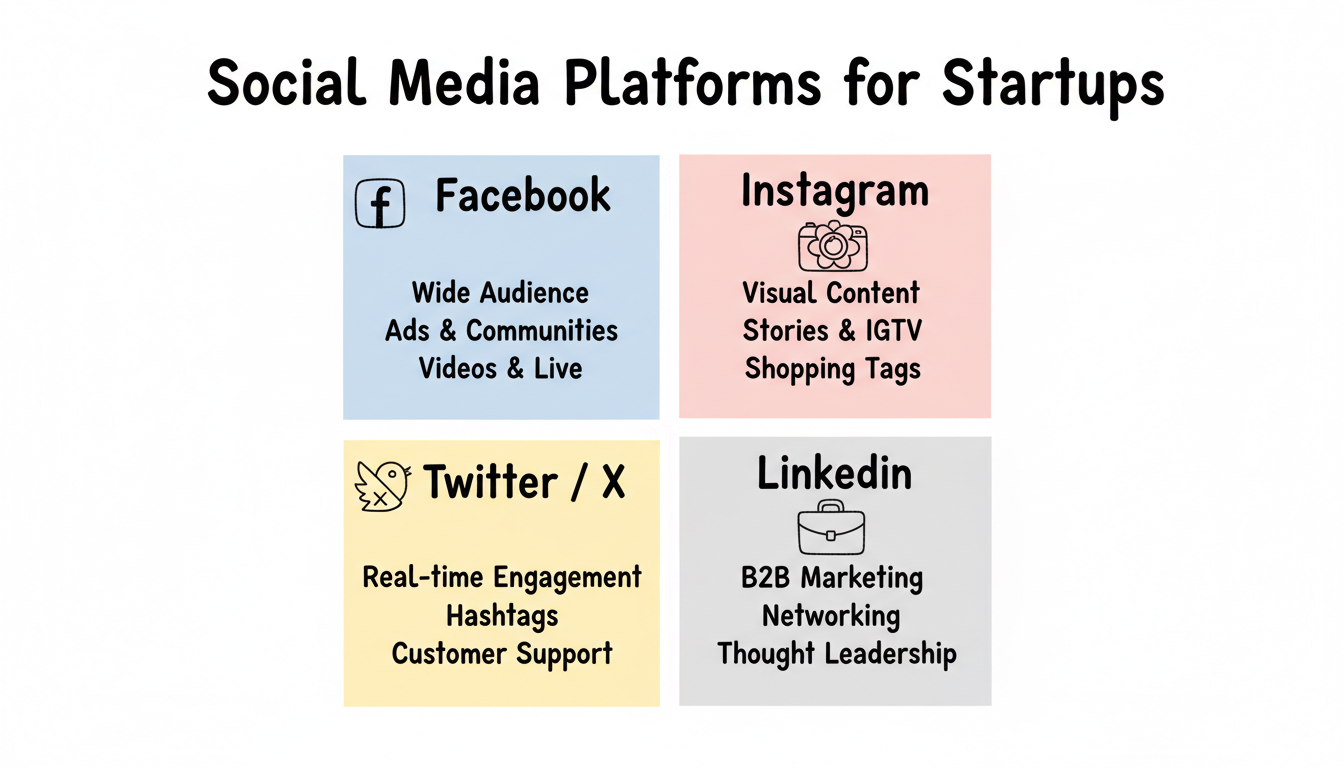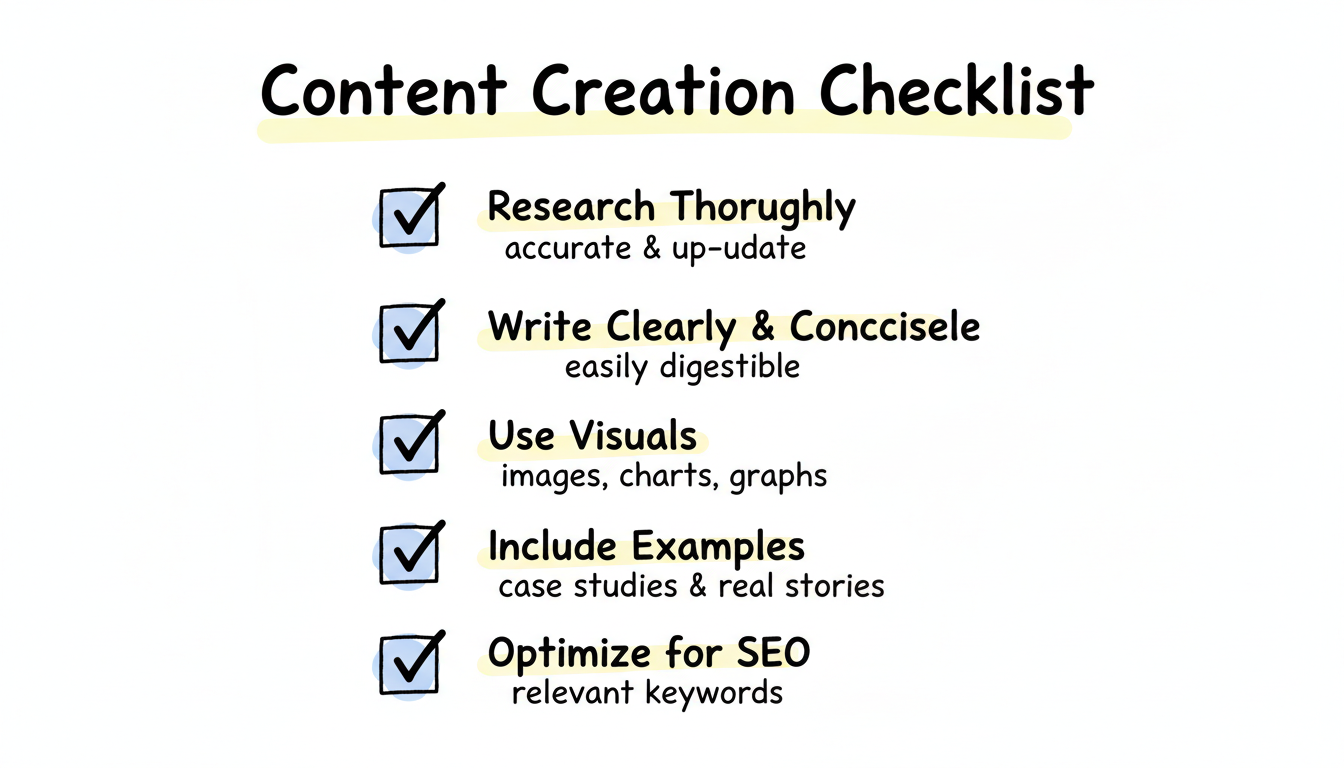In today's digital age, social media has become an essential tool for businesses to reach and engage with their target audience. However, for startups with limited resources, implementing a successful social media marketing strategy can pose a challenge. Fortunately, there are several budget-friendly techniques that new startups can use to make the most out of their social media efforts. In this article, we will explore different aspects of social media marketing for startups and provide practical tips for developing a cost-effective strategy.
Social media marketing has become an integral part of any business strategy, especially for startups. It offers a cost-effective way to build brand awareness and establish an online presence. With billions of active users on various social media platforms, startups can connect with their target audience and foster meaningful relationships.
Moreover, social media allows startups to level the playing field and compete with established brands. By crafting a compelling social media strategy, startups can showcase their unique value proposition and differentiate themselves from their competitors. It's no wonder that social media has become a game-changer for startups.
For startups, social media is not just an option but a necessity. It provides a platform to reach out to potential customers, engage with them, and build a community around the brand. Startups can leverage social media to create brand awareness, generate leads, and drive sales.
One of the key advantages of social media for startups is its cost-effectiveness. Traditional marketing channels like TV, radio, and print ads can be expensive and may not yield the desired results for startups with limited budgets. Social media, on the other hand, offers affordable advertising options and allows startups to target specific demographics, ensuring that their marketing efforts are focused and efficient.
Furthermore, social media provides startups with valuable insights into their target audience. Through analytics tools, startups can track engagement, reach, and conversions, allowing them to refine their marketing strategies and optimize their campaigns for better results.
When it comes to social media platforms, startups need to choose wisely. Each platform has its own unique benefits and features, and startups should select the ones that align with their target audience and business objectives. Let's take a closer look at some popular social media platforms:
Overall, social media marketing offers startups a world of opportunities. By understanding the importance of social media and choosing the right platforms, startups can effectively build their brand, connect with their target audience, and drive business growth.

When it comes to social media marketing, startups need to go beyond just creating a Facebook page or tweeting a few times a week. A well-executed social media strategy can be a powerful tool for startups to build brand awareness, drive website traffic, and generate leads. However, developing a cost-effective social media strategy requires careful planning and consideration.
Before diving into social media marketing, startups need to define their marketing goals. Setting clear and measurable objectives will help guide their social media efforts. Whether it's increasing brand awareness, driving website traffic, or generating leads, having specific goals will ensure that startups stay focused and measure their success effectively.
For example, a startup in the fashion industry may set a goal of increasing brand awareness by 20% within six months. This goal provides a clear target and timeline for the social media strategy.
To maximize the impact of social media marketing, startups must understand their target audience inside out. Conducting thorough market research and creating buyer personas will enable startups to tailor their messaging, content, and advertising campaigns to resonate with their ideal customers.
For instance, a startup targeting young professionals in the tech industry may create a buyer persona named "Tech-Savvy Tim." This persona represents their ideal customer, including demographic information, interests, and pain points. By understanding Tech-Savvy Tim's needs and preferences, the startup can create content that speaks directly to him.
Additionally, startups should take advantage of social media analytics tools to gain insights into their audience's demographics, interests, and online behavior. This valuable information will allow startups to fine-tune their social media strategy and deliver content that resonates with their target audience.
For example, by analyzing the data, a startup may discover that their target audience is most active on Instagram and has a strong interest in sustainability. Armed with this information, the startup can focus their efforts on creating visually appealing and eco-friendly content that will engage their audience.
In conclusion, developing a cost-effective social media strategy requires startups to set clear marketing goals and identify their target audience. By doing so, startups can create tailored content and campaigns that will resonate with their ideal customers, ultimately driving brand awareness, website traffic, and leads.
When it comes to creating engaging content on a budget, startups have a unique opportunity to showcase their industry expertise and connect with their target audience. By leveraging their knowledge and sharing valuable insights, startups can establish themselves as trusted authorities in their field.
One effective way to engage with social media users is through blog posts. Startups can create informative and well-researched articles that provide valuable information to their audience. By offering unique perspectives and actionable tips, startups can attract and retain readers who are looking for expert advice.
In addition to blog posts, startups can also explore other content formats such as infographics and videos. Infographics are visually appealing and can effectively convey complex information in a concise and engaging manner. By presenting data and statistics in a visually appealing way, startups can capture the attention of their audience and make their content more shareable.
Videos, on the other hand, offer startups an opportunity to showcase their personality and connect with their audience on a deeper level. Whether it's a tutorial, a behind-the-scenes look at the company, or a customer success story, videos can help humanize the brand and build a stronger emotional connection with the audience.
Creating high-quality content goes beyond just providing valuable information. It's about delivering content that is well-researched, well-written, and visually appealing. Startups can follow these tips to ensure their content stands out:

By following these tips, startups can create content that not only engages their audience but also positions them as industry leaders.
User-generated content (UGC) is a powerful tool that startups can use to engage with their audience and build a sense of community. By encouraging customers to share their experiences, testimonials, or photos related to the brand, startups can create a more authentic and relatable image.
Startups can leverage UGC by featuring it on their social media channels, website, or even in their advertising campaigns. By showcasing real-life experiences and testimonials, startups can build social proof and establish trust with their audience. This, in turn, can encourage other customers to engage and share their own experiences, further expanding the reach of the brand.
Furthermore, startups can also collaborate with influencers or brand advocates to generate UGC. By partnering with individuals who have a strong following and align with the brand's values, startups can tap into their audience and benefit from their credibility and reach.
In conclusion, creating engaging content on a budget is not only possible but also essential for startups looking to connect with their audience. By leveraging their industry expertise, repurposing content, and utilizing user-generated content, startups can create high-quality content that resonates with their target audience and helps them build a loyal following.
Managing multiple social media accounts can be overwhelming, especially for startups with limited resources. Fortunately, there are free social media management tools available that can streamline the process.
Tools like Hootsuite, Buffer, and Later allow startups to schedule posts in advance, monitor social media interactions, and analyze the performance of their content. By using these tools, startups can save time and efficiently manage their social media presence.
Analyzing social media data is crucial for startups to understand what's working and what's not. Platforms such as Facebook Insights, Twitter Analytics, and Google Analytics provide valuable data on engagement, reach, and website traffic.
By monitoring these metrics, startups can identify trends, optimize their content strategy, and make data-driven decisions. This helps them allocate resources effectively and focus on the social media channels that yield the best results.
Beyond posting content, startups should actively work on building an online community. This involves engaging with followers, responding to comments, and participating in industry discussions.
Startups can join relevant online communities, such as industry-specific forums or LinkedIn Groups, to connect with like-minded individuals and share valuable insights. By providing value and actively engaging, startups can nurture a community that supports their brand and becomes ambassadors for their business.
Engaging with the audience goes beyond responding to comments and messages. Startups should create opportunities for meaningful interactions through contests, polls, and question-and-answer sessions.
Furthermore, startups should actively seek feedback and take the time to listen to their audience's needs and preferences. By continuously improving and adapting their social media strategy based on user feedback, startups can cultivate a loyal and engaged following.
In conclusion, social media marketing offers new startups a wealth of opportunities to grow their brand and connect with their target audience. By understanding the importance of social media, developing a cost-effective strategy, creating engaging content on a budget, leveraging free social media tools, and building an online community, startups can make the most out of their social media efforts without breaking the bank. With careful planning and thoughtful execution, startups can establish a strong online presence and drive meaningful results through social media marketing.
By submitting this form, you agree to our Privacy Policy and Terms & Conditions.